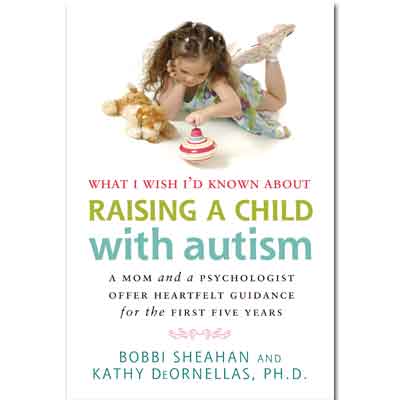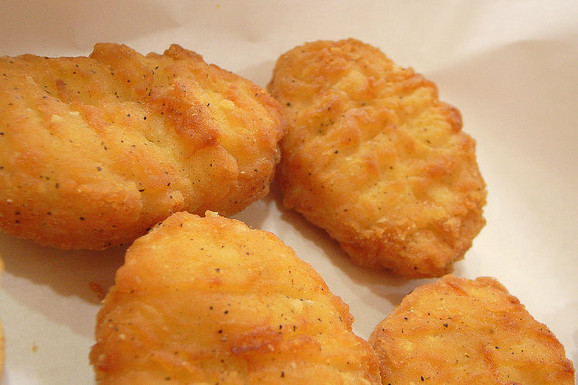 From Wikipedia: Internet Meme – An Internet meme is an idea that is propagated through the World Wide Web. The idea may take the form of a hyperlink, video, picture, website, hashtag, or just a word or phrase, such as intentionally misspelling the word “more” as “moar” or “the” as “teh”. The meme may spread from person to person via social networks, blogs, direct email, news sources, or other web-based services.
From Wikipedia: Internet Meme – An Internet meme is an idea that is propagated through the World Wide Web. The idea may take the form of a hyperlink, video, picture, website, hashtag, or just a word or phrase, such as intentionally misspelling the word “more” as “moar” or “the” as “teh”. The meme may spread from person to person via social networks, blogs, direct email, news sources, or other web-based services.
I am ashamed to admit that, prior to yesterday, I had never heard of this term. But my Facebook friend MarsupialMama (or Twitter) suggested to me that we start one, based on an idea I had this morning. My idea was born this morning, following serving my food-averse autistic toddler chicken nuggets for breakfast. Just like dinner last night. Just like the previous lunch. He, like thousands of ASD kids, has severe food aversions. At this point, he has eliminated almost every food he used to eat, and we are down to chicken nuggets and various forms of bread. He will not eat beans, rice, pasta, fruits, vegetables, cheese, or even ice cream. His food must be dry and either round or square. I know I am not alone in this. So I got to thinking. Here’s my idea, from my Facebook page:
The Autie Nugget
“For you entrepreneurial types, I have a GREAT idea: Speciality chicken nuggets! Seriously. Chicken nuggets containing veggies, beans, whole grains – lots of varieties. You could even do a chicken nugget shaped fruity type of dessert [Fruit Fritters]. Frozen, non-toxic, [vitamin-enriched] and ready to heat. I’ll even name it for you – Autie Nuggets. If you’ll perfect, market, and ship ’em in dry ice, I won’t even ask for a portion of the profits. Admit it. I’m brilliant. And if you tell me it has already been invented and is currently being sold, I’ll accept my non-brilliance and declare that guy brilliant instead. [Furthermore], if somebody, [based upon our plea], invents and sells them – and my son eats them – I will give free advertising [and promote via social networking] for life on my blog. No, REALLY.”
Suggestions:
1. Smell is going to be important. If it doesn’t smell like a chicken nugget, a lot of ASD kids will refuse to eat it.
2. Shape is non-negotiable. It must resemble a standard chicken nugget. No variations possible, as- again – ASD kids will refuse to eat it.
3. Color must be standard as well. It needs to be golden, with a crispy outer surface. And the coating will need to stay on the nugget.
4. The texture will have to also resemble a firm chicken nugget. If it falls apart, ASD kids will refuse to touch it again.
5. One reader suggested the veggie blend remain in the center of the nugget. Not sure if that’s possible, but it seems like a good idea. I’m thinking the outer layer will have to be chicken for the outside texture to be right.
 So, readers and bloggers, what do you think? Want to help spread the word for someone to invent these? It could change the nutritional intake for autistic children with severe food aversions everywhere. It’s a call to action – somebody, somewhere, please create and sell a healthy version of the Autie Nugget!
So, readers and bloggers, what do you think? Want to help spread the word for someone to invent these? It could change the nutritional intake for autistic children with severe food aversions everywhere. It’s a call to action – somebody, somewhere, please create and sell a healthy version of the Autie Nugget!
Bloggers: If you will promote the idea, I’ll add you to my blogroll. Yes, I know that’s kind of an anti-climactic incentive, but it’s all I’ve got to offer you. LOL 😉
 Our “What I Wish I’d Known About Raising a Child With Autism” book giveaway winner is: Robin (Last name unknown as of yet)! Her winning question was: “If you could give any advice to parents on how to teach our children to cope with being teased and bullied for being “different”, what would it be?”
Our “What I Wish I’d Known About Raising a Child With Autism” book giveaway winner is: Robin (Last name unknown as of yet)! Her winning question was: “If you could give any advice to parents on how to teach our children to cope with being teased and bullied for being “different”, what would it be?”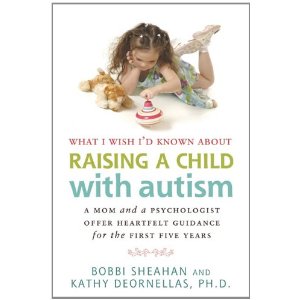
 A few weeks ago, a dear atheist friend of mine asked me why I believe in God. Not in that “Religion is so stupid and therefore so are you” kind of way. But honest curiosity. She finds me to be a rational, non-superstitious, and free-thinker type and simply wondered what my personal reasons are for a belief in God. I gave her a few of my reasons, but I have been thinking about it a lot lately. And I’ve been asking myself what is my proof.
A few weeks ago, a dear atheist friend of mine asked me why I believe in God. Not in that “Religion is so stupid and therefore so are you” kind of way. But honest curiosity. She finds me to be a rational, non-superstitious, and free-thinker type and simply wondered what my personal reasons are for a belief in God. I gave her a few of my reasons, but I have been thinking about it a lot lately. And I’ve been asking myself what is my proof.
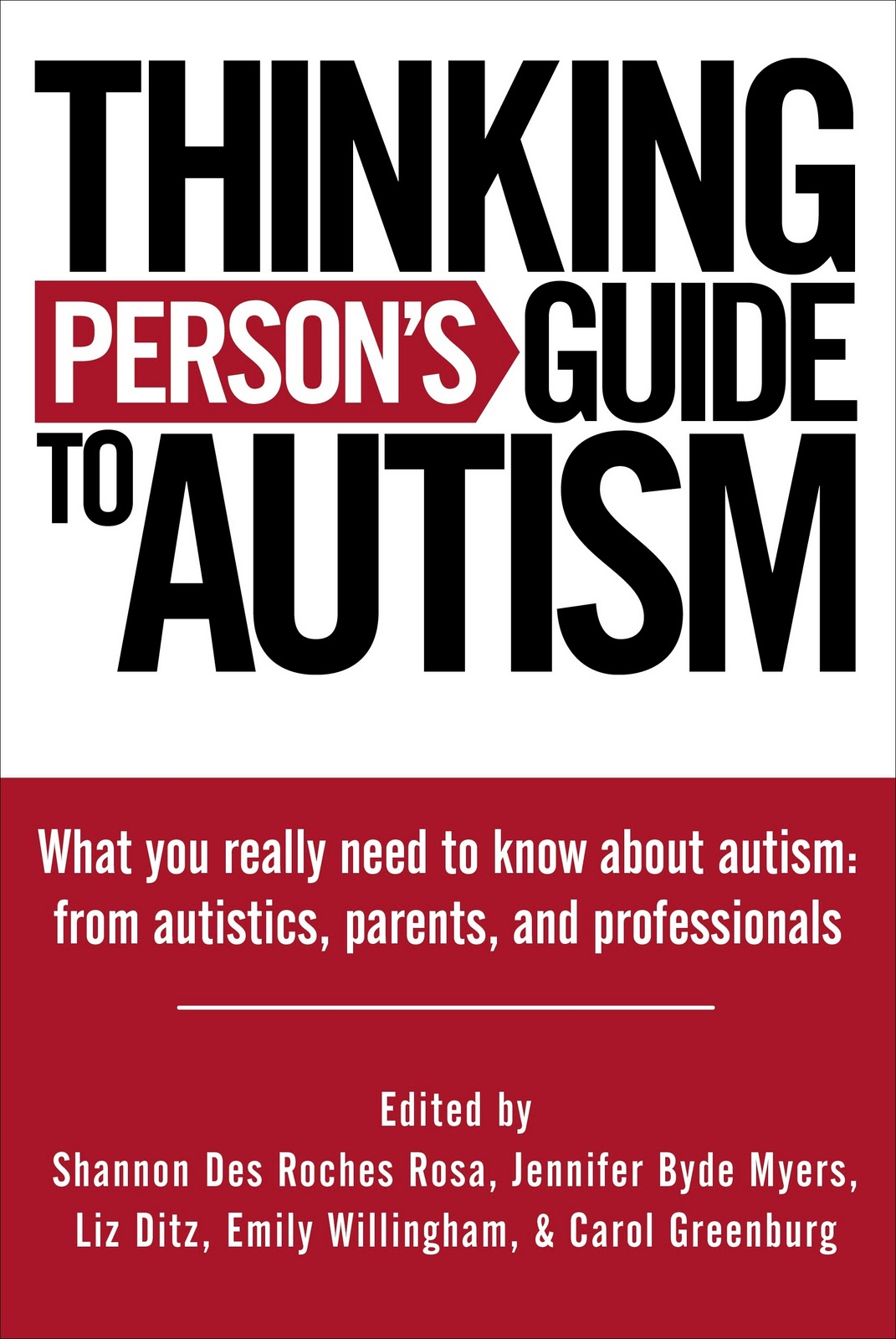
 “Why must the corners we turn be so sharp?
“Why must the corners we turn be so sharp? These kinds of lists typically come out in December. But it occurred to me that gift-giving happens throughout the year. You may have a child, sibling, or friend who parents a special needs child and are wondering what kinds of things make nice gifts. You may know of a special needs family struggling and wish there was something you could do to help.
These kinds of lists typically come out in December. But it occurred to me that gift-giving happens throughout the year. You may have a child, sibling, or friend who parents a special needs child and are wondering what kinds of things make nice gifts. You may know of a special needs family struggling and wish there was something you could do to help. “This is what we know, when you tell us of your fondest hopes and dreams for us: that your greatest wish is that one day we will cease to be, and strangers you can love will move in behind our faces.”
“This is what we know, when you tell us of your fondest hopes and dreams for us: that your greatest wish is that one day we will cease to be, and strangers you can love will move in behind our faces.”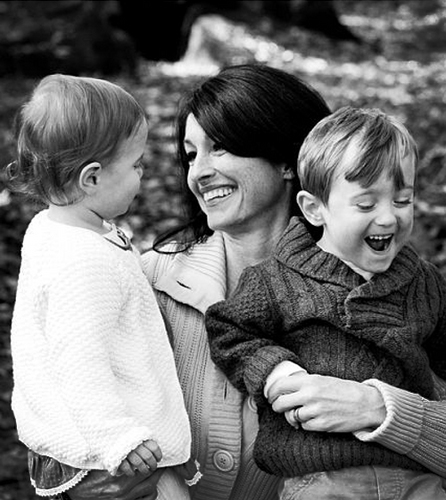 “I think the heart just gets broken — wide open.”
“I think the heart just gets broken — wide open.”